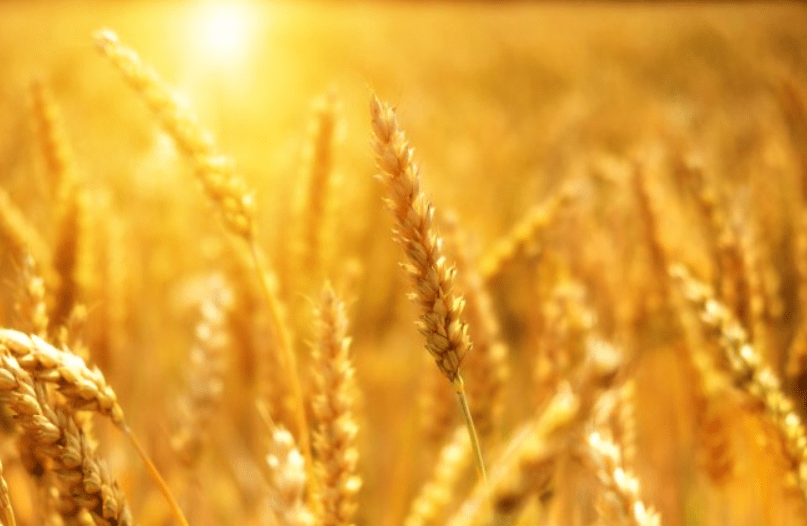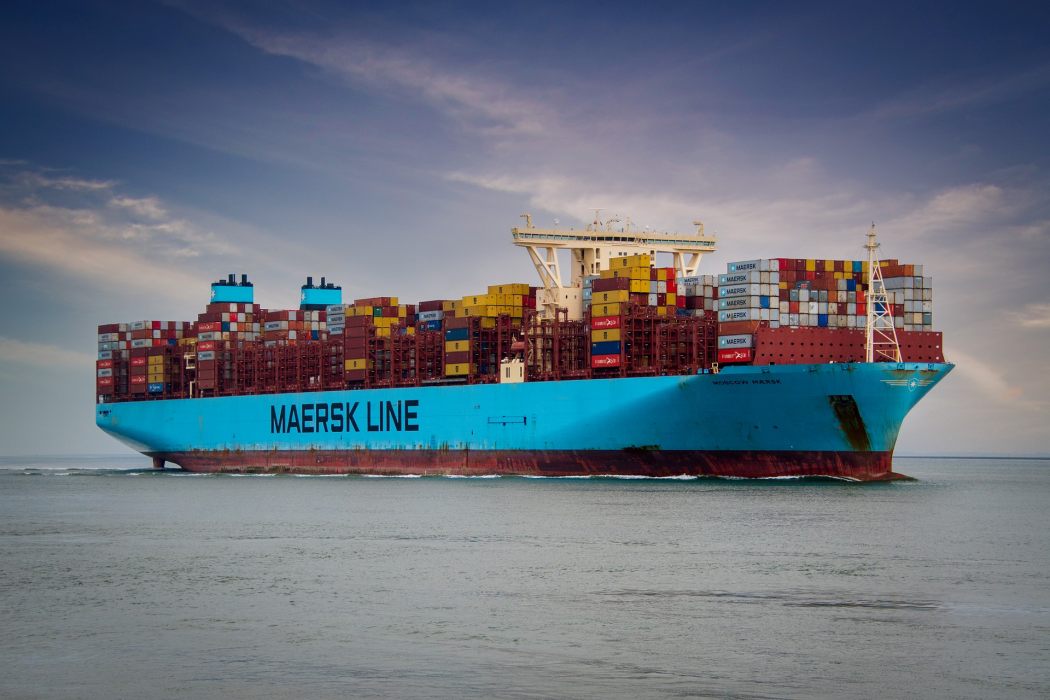Oil drops, alarm over the Russian stop on grain exports
Russia and Ukraine together account for 30% of world grain exports. Consequently, the disruption to grain exports will have clear implications for consumers both in terms of availability and price, “Schroders points out. Moscow announced in the past few hours the limitation of grain exports to several former Soviet republics and the stop export of sugar, corn and other grains such as rye and barley until 30 June

The US warning to China that aid to Russia would have “implications” had the immediate consequence of the collapse of the Chinese stock markets and negatively influenced the other Asians. But the fear that the new lockdowns could impact on the growth of the country and on the demand of the world’s largest oil importer is also weighing, which has caused crude oil to slide below 100 dollars a barrel.
What’s happened in the European markets
European markets also opened in red and accelerated to the downside during the session. In Milan, Moncler and Tenaris suffer, but also Unicredit which, according to what Andrea Orcel said during a conference organized by Morgan Stanley, is considering the exit from its operations in Russia as part of an “urgent business review”.

The price of oil during the day is continuing to decline: WTI crude for delivery in April is trading at 97.35 dollars with a drop of 5.49%, Brent for delivery in May changes hands at 100.88 dollars with a decrease of 5.63%. This decline also incorporates faint hopes of progress in the negotiations for a ceasefire in Ukraine. Not even gold is saved from the climate of mistrust (-1.4% to $ 1,933 an ounce) while the yield of American treasuries is slightly down to 2.11%.
Staying on commodities, the impact of the Russian invasion also poses risks to the global supply of food as do Alexander Monk, Felix Odey and Mark Lacey, portfolio manager of asset manager Schroders. “There has been much discussion about Russia’s role as an oil and gas exporter, but its status as a major producer of agricultural commodities also implies a real risk of food shortages,” their analysis. “Russia and Ukraine together account for 30% of world grain exports.
As a result, grain export disruptions will have clear implications for consumers in terms of both availability and price. Emerging markets in particular will be affected as they are traditionally the most important recipients of Russian wheat. In recent years, the three largest importers of Russian wheat have been Egypt, Turkey and Bangladesh ”.

